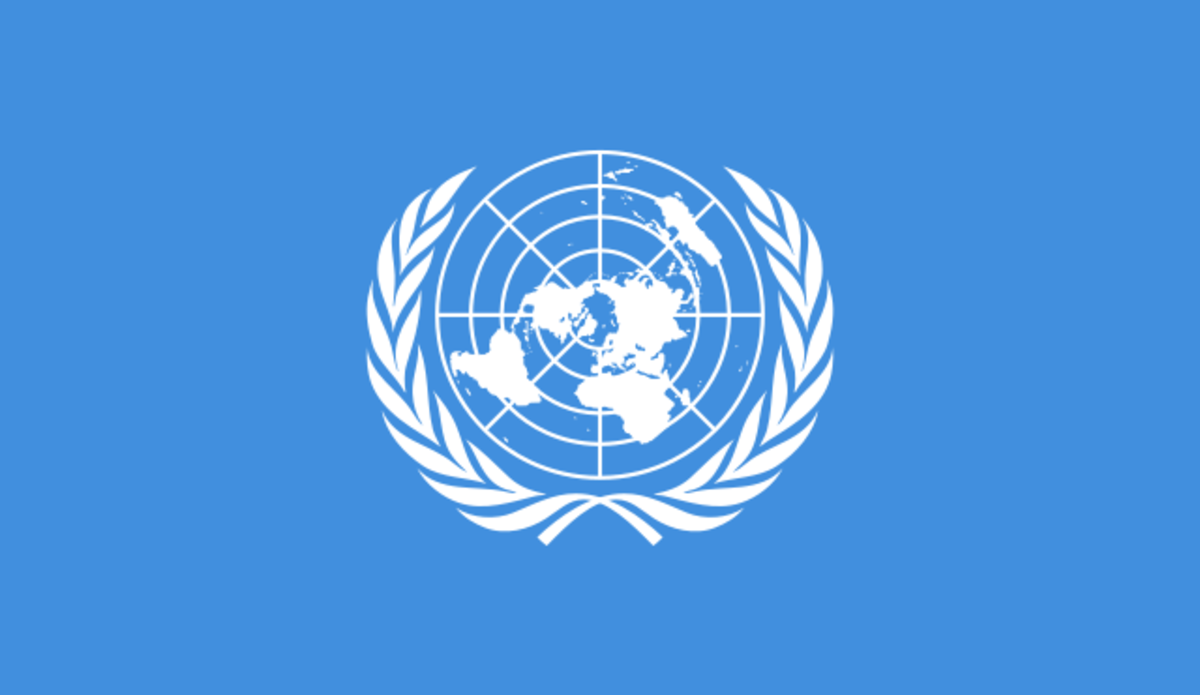Special Envoy Opening Remarks on the 5th Feminist Summit
First, thank you for convening this event. The Summit has been able to bring together an impressive group of civil society and political actors from across and beyond Yemen. It is my honor and pleasure to be invited to address this summit. I do, however, regret that I am not able to be with you in person in Aden as I had intended.
Today is a very special day. December 10th is when we celebrate Human Rights Day and the anniversary of the adoption of the Universal Declaration of Human Rights. As highlighted by the theme of this year’s Human Rights Day, equal rights of all are the basis for freedom, justice, and peace. Yet despite these and other global commitments and efforts, women still do not enjoy equal rights with men. Many of the barriers identified almost half a decade ago, when the global efforts to close the gender gap started, remain unchanged. In fact, we live in a time where women’s human rights are increasingly challenged, and hard-fought gains are being reversed. Regrettably, this also applies to the situation of women in Yemen.
Despite this overall bleak state of play, I would like to underline my personal belief that we can turn the tide and that remarkable work is being done by many of you here today. I want to acknowledge the efforts being vested in producing effective mechanisms to improve future practices that have the possibility to effectively strengthen the fundamental role of women as peacemakers at every level. But to reach maximum impact, the efforts you are making will need to eventually be supported broadly, including by male decision-makers and partner organizations. The UN – including myself – has a particular responsibility here.
Coming back to the 5th Feminist Summit, I am particularly pleased to see issues such as the “voices of locally displaced women” and “protecting women as peacebuilders” on the agenda over the next two days. A comprehensive peace process is dependent on creating room for a diverse range of voices, especially those who tend to be underrepresented such as IDPs and other minority groups in vulnerable situations. As we approach the end of 2022 and look back on the year that has passed, this is also a suitable time to reflect on how we can better support women peacebuilders.
It is a fact that women face significant barriers to being formally present and engaged in peace negotiations all over the world. Yemen is unfortunately not an exception. On the contrary, we have witnessed a steady decline in the already limited numbers of women participating in peace efforts on the national level since 2015. Ensuring the direct and meaningful participation of women in mediation efforts, negotiations and peace talks is not only about honouring the international commitments that we have made, but in my view the only way to achieve a peace that lasts and addresses the needs of Yemeni society at large.
My office is keeping women’s inclusion and empowerment on the top of our agenda. We are strongly advocating with the parties to the conflict on the importance of women’s inclusion in the negotiations, and reiterating their commitments to ensure that women’s participation is systematic and at a minimum of 30% as prescribed in the National Dialogue Conference outcomes. It is no secret that we are far from successful in this undertaking, but I can assure you that we are not giving up.
Despite the formal expiration of the truce on 2 October, we are working relentlessly to renew and expand the truce and identify options for a pathway to a more comprehensive settlement of the conflict. I am in constant contact with all sides to urgently find solutions that put Yemen on a path toward a just and sustainable peace. And for any peace settlement to be “just” and “sustainable”, it will need to be inclusive and build on diverse inputs from various segments of Yemeni society.
Looking more closely at the work of my Office, I strongly believe that gender integration is not only the work of gender advisors and specialists but the responsibility of every single staff member on all levels, male or female, in the office. Therefore, we work to mainstream gender and promote an inclusive approach to the work of all sections. We are also enhancing internal capacities in gender analysis to ensure that all our activities – be it analysis of a security incident or economic developments, or a meeting with political parties – include gender perspectives. This is a work in progress that I am pursuing in parallel with the strengthening of gender expertise in the Office.
My aim is for us to expand our engagement with Yemeni women, and we continuously assess how we can improve outreach to a wide range of Yemeni women from varied backgrounds. My Office strives to include diverse women voices from across Yemen – including women from different governorates, urban and rural areas, women from political parties as well as independent activists and experts. The Feminist Roadmap, with its focus on intersectionality, is a helpful resource in sketching out what inclusive participation looks like. I am pleased to note that we have been able to enhance consultations with women at the local level in recent months and that this is something that we are looking to scale up in the future. We strive to not only engage women at international conferences but, whenever possible, to meet them in their own communities to get a better understanding of their priorities for peace and local needs.
The outcomes of these consultations have been very informative and provided valuable guidance for our future engagement strategies. While this work is essential to understand women’s priorities, it needs to be followed up by engaging women around the formal negotiation table. Engaging women separately is to me, no substitute for having women at the table. Allow me, therefore, to be honest in recognizing the obvious: we still have a long way to go to ensure women’s equal participation in mediation efforts and peace talks. Many of the challenges my Office faces in this regard are tied to the political realities on the ground. Yemeni men and women, as well as the international community, including my Office, need to be relentless in pressuring the parties to the conflict on this matter. We all have a responsibility to challenge the barriers to women’s inclusion and to do more to provide space for women’s voices and priorities.
Finally, allow me to end by expressing my appreciation for the work you do and for inviting me to attend this summit. My colleagues will remain with you throughout the Summit, and I hope the important discussions you will have will result in concrete recommendations that will help us all pursue our joint effort towards a peaceful and inclusive settlement of the conflict in Yemen, shaped not only by armed actors but also by women peacebuilders.
Thank you.
 UN
UN







